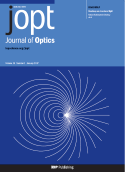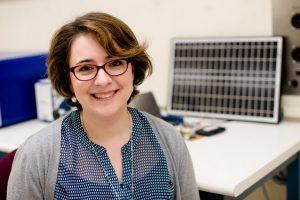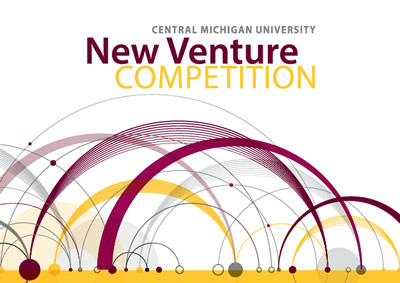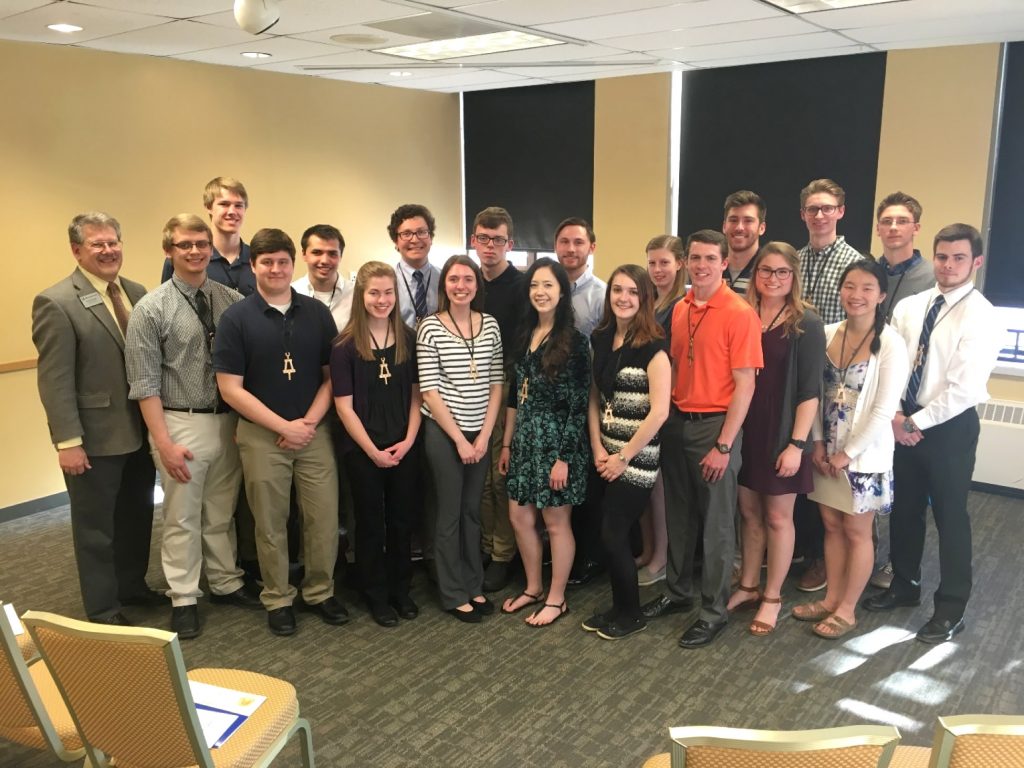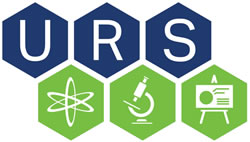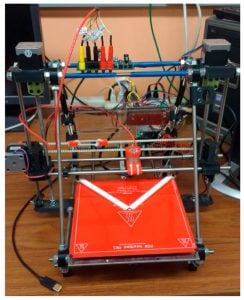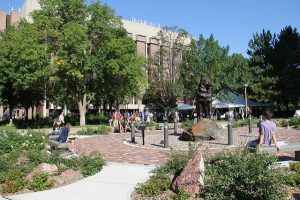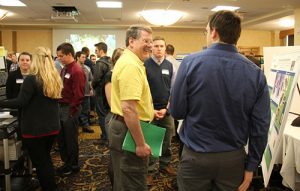
Leonard Bohmann is keenly aware that good engineering goes beyond solid bridges or state-of-the art buildings. For the ABET Expert, who has been a Program Evaluator (PEV) since 2005, excellent engineering is designing with a purpose and involves gathering input from the community, using local resources and evaluating the impact on the environment. And it is this vision that moves him to constantly reshape and enhance his university’s engineering programs.
As an associate dean for academic affairs at Michigan Technological University (Michigan Tech) and member of the ABET’s Engineering Accreditation Commission since 2016, Bohmann aims to use perspectives he has gathered from trips around the world to give his students a well-rounded educational experience, preparing them to build a better world.
Read more at the ABET newsletter, by Josie Hopkins.
